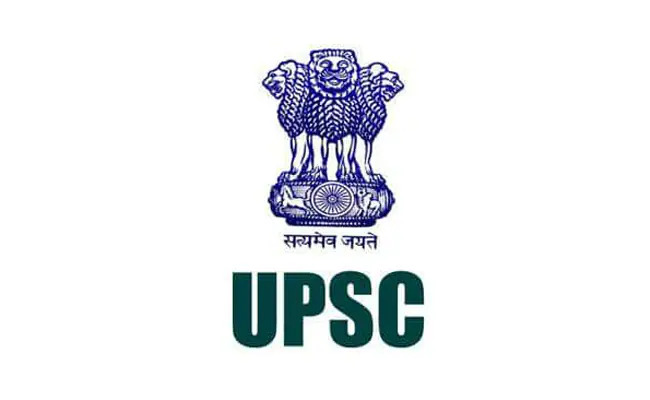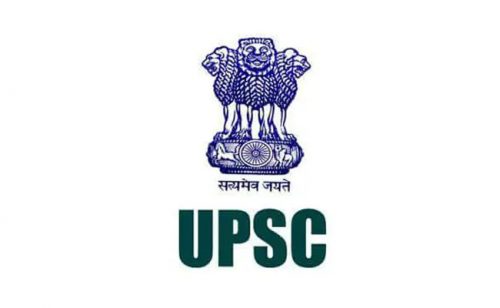Clear Your UPSC Exams with Ease: How a List of Prime Ministers of India Can Help




Historical Significance and Relevance
Grasping the historical nuances of India’s governance is imperative for UPSC aspirants. The chronological list of prime ministers not only charts a concise timeline but also epitomises India’s intricate political journey from the immediate post-independence epoch to our contemporary era. This comprehensive understanding enables aspirants to delve deeper into the myriad sociopolitical transformations that have meticulously sculpted modern India. Such insights not only make history palpable, but also provide a robust foundation, augmenting their responses in both the historical and current affairs segments of the UPSC examinations. As such, this perspective enriches their holistic view, making it more resonant and cogent for evaluators.
Political Landscape Analysis
A list of prime ministers offers insights into India’s political landscape. UPSC exams often feature questions related to the contributions, policies, and challenges faced by past prime ministers. Aspirants can use this list to categorise prime ministers based on their ideologies, political parties, and tenures. This enables them to provide well-rounded answers and comprehensively understand India’s political history.
Linking Past and Present Affairs
Current affairs undeniably hold a paramount significance in the UPSC examinations, serving as a barometer to gauge an aspirant’s awareness of the evolving global milieu. The meticulously curated list of prime ministers doesn’t just stand as a historical ledger but acts as a crucial bridge, seamlessly linking past endeavours to present dynamics. Aspirants, through an astute analysis, can draw intricate connections between the policies, initiatives, and landmark decisions instituted by former prime ministers and discern their profound impact on today’s India. Cultivating this analytical acumen is indispensable, especially when articulating responses to intricate questions that necessitate a profound comprehension of how bygone events, often veiled in the annals of history, have indelibly moulded the nation’s extant socioeconomic and political landscape.
Enhanced Essay and Interview Preparation
In addition to written exams, UPSC aspirants must excel in the interview stage, which includes discussions on various topics, including governance and leadership. Familiarity with the list of prime ministers equips aspirants to engage in meaningful discussions about India’s leadership history, enabling them to express their views articulately and confidently during the interview process.
A Memorisation Aid
While understanding the prime ministers’ contributions is crucial, memorising their names and tenures can be challenging. A prime minister list is a handy reference tool for quick revision. Aspirants can use mnemonic techniques or create flashcards based on the list to reinforce their memory, ensuring that they can recall this information accurately during the UPSC exams.
Conclusion
In conclusion, the path to success in UPSC exams is marked by rigorous preparation and a deep understanding of India’s political history and governance. A prime minister of India list offers multiple benefits to aspirants, including historical context, insights into the political landscape, connections between past and present affairs, interview preparation, and memorisation assistance. Aspiring civil servants should consider this list an essential resource in their UPSC journey. With dedication, strategic planning, and the right tools, clearing the UPSC exams can be a reality, paving the way for a promising career in the civil services of India.
Recent Posts
ESG Xchange 2025 | The Premier Global ESG and Innovation Summit in Hong Kong
Sign up for FREE PASS : https://esgxchangehk.com/register HONG KONG SAR - Media OutReach Newswire -…
Zero-Carbon Village Rises in Tujia Countryside
WUHAN, CHINA - Media OutReach Newswire - 22 April 2025 - During April's Pear Blossom…
CK Life Sciences’ Investigational Cancer Vaccines Deliver Promising Results – New Preclinical Study Data to be Presented at the 2025 American Association for Cancer Research (AACR) Annual Meeting
HONG KONG SAR - Media OutReach Newswire - 22 April 2025 - CK Life Sciences…
Octa is recognised as a platform with the ‘Best Trading Conditions 2025’ in Malaysia by WBS Magazine
KUALA LUMPUR, MALAYSIA - Media OutReach Newswire - 22 April 2025 - Octa has won…
Cushman & Wakefield Names Matthew Bouw Chief Executive, APAC & EMEA
Single operating model across APAC and EMEA provides scale and balance of services across both…
Lee Kum Kee gives support to the 8th International Master Chef Charity Gala Dinner
Event brought together 2,300 chefs and guests to raise funds for the needy and promote…


